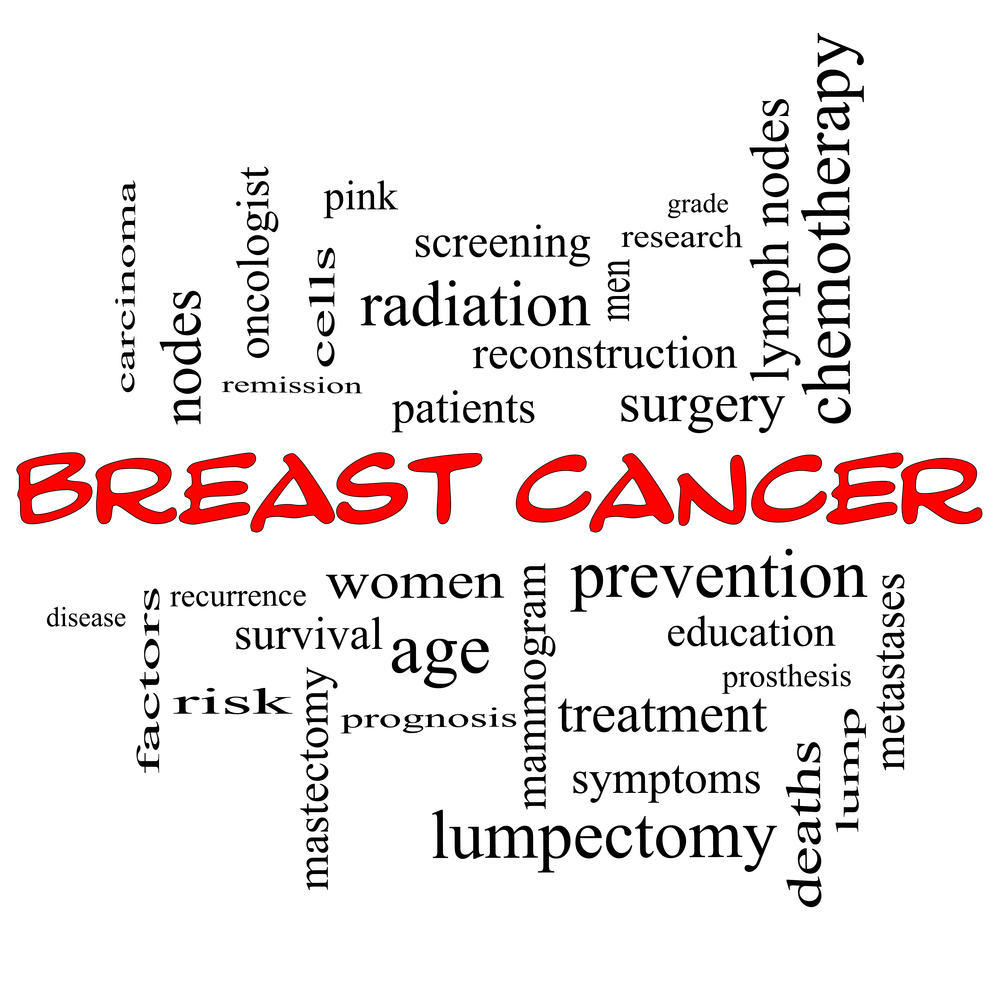Essential Factors to Know Before Undergoing Head and Neck Cancer Treatment
Learn key considerations for head and neck cancer treatment, including managing oral side effects, understanding curability factors, and dealing with potential recurrence. Early detection and proactive care improve outcomes, while support systems aid recovery.

Important Considerations Before Starting Head and Neck Cancer Treatment
The head and neck regions are critical yet delicate parts of the body. A diagnosis of head and neck cancer requires careful planning before beginning treatment. Understanding the treatment duration and success rates is essential. Since cancer can significantly impact families, patients should consider the best approach for their health and loved ones. Proper awareness helps in making informed decisions and preparing emotionally and physically for the journey ahead.
Potential Oral Side Effects
Oral complications are common during treatment, potentially hindering recovery. These side effects can slow healing and cause discomfort. Head and neck cancer therapies often increase risks like oral sores, gum infections, salivary gland damage, and taste impairment.
Preventive Strategies for Oral Complications
If side effects interfere with healing, immediate medical attention is necessary. Some measures include reducing treatment dosages, rescheduling chemo sessions if needed, and adopting early preventive care. Proactive management helps detect issues promptly and improves recovery outcomes.
Is Head and Neck Cancer Curable?
Success largely depends on early detection and the patient's overall health. The type and stage of cancer at diagnosis influence treatment effectiveness. Younger, healthier patients respond better to therapies like surgery, radiation, or chemotherapy, increasing the chances of remission.
Common Side Effects
Cancer treatments impact the body in several ways. Patients often experience weakened immunity, hair loss, reduced appetite, brittle nails, and emotional distress. These effects can prolong recovery and require support from healthcare professionals and counseling.
Recurrence and Remission Chances
Cancer may return locally or in new areas. Managing the fear of recurrence involves regular follow-ups and open communication with care teams. Although remission is possible, vigilant monitoring is critical.










